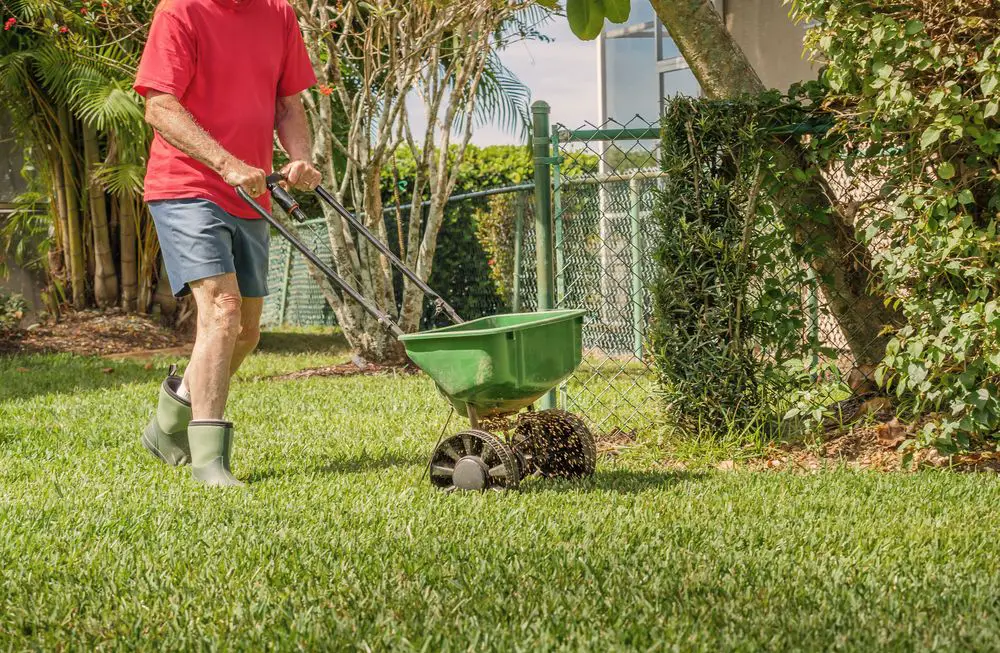I know I do, so when I noticed my grass was starting to look a little sorry for itself, I decided to give it a treatment with some lawn lime. I first looked into whether lawn lime could harm my pets because I am a pet owner. Does lawn lime harm pets? is a question I felt confident answering after doing some research.
Although lawn lime is generally safe for animals, if your pet comes into contact with it, it could be harmful to them. The risks vary depending on the type of lime and how much contact your pet has had with it, and they can range from minor chemical burns on the paw pads to skin rashes to hypercalcemia.
Given that lawn lime can be harmful to your pets, it makes sense to consider the various types of lime available and which would be the best to use if you have pets. The kinds of responses you might anticipate from your pets if they have come into contact with lime are another thing to consider.
How Long After Lawn Treatment Is It Safe for Dogs And Other Pets?
Generally speaking, lime is less toxic than you might think. Once the lime has been absorbed by the ground over time, your dog can play freely on your lawn without any risks or dangers.
Lime pellets take longer for the soil to absorb than lime powder. However, a lot of lime powder can leave your lawn looking messy. The lime powder’s dust and residue might accumulate in spots where your dog likes to use it.
The most secure and simple method to apply lime to your lawn is using lime pellets. They are also safe for your dogs.
After application, it takes two to three years for the lime and soil to fully interact and change the acidity of the earth.
However, some advantages of using lime are visible within the first few months.
Over time, the ground will absorb the lime. Your dog is permitted to play on your lawn once the lime has been completely absorbed.
Keep in mind that it is extremely dangerous and harmful to let your dog play in the lawn that has undissolved lime powder or pellets scattered throughout it.
Even though exposure to lime will not cause your dog to become seriously ill, it is still best to prevent your dog from running around the lime-damaged lawn for the first few months after application.
Because any form of lime can irritate the skin, eyes, and lungs, it should be fully incorporated into the soil before people and animals walk on the lawn.
What is Lime?
Lime is from limestone rock. It has a variety of uses, but due to its high magnesium and calcium carbonate content, it is primarily used as fertilizer.
The soil’s pH increases when lime is added to it. The soil becomes less acidic and more alkaline as the pH level rises.
Lime is not a fertilizer. Its primary function is to reduce the acidity of soil and increase your lawn’s ability to absorb nutrients and minerals from the soil.
A pH level of 3. 0 means soil is acidic. Grass cannot grow well with this soil condition. To increase or balance the pH and make the soil less acidic, lawn lime must be added.
A pH of 5 is more acidic than a pH of 6 for soil. More acidic soil has a pH level of 6 than soil with a pH level of 7. Your lawn will grow better on slightly acidic soil, just like the majority of plants.
It is best to know your lawn’s soil pH or level of acidity before applying lawn lime. Soil needs to be slightly acidic. To keep your grass growing, it must be acidic enough to absorb nutrients and fertilizers.
Lawn Lime: Which Type is the Best Fit for Your Pets Safety
In a pH range of 5 to 7, the majority of lawns thrive. 0 to 6. 5. If your soil turns out to have a more acidic pH than you expected, you might want to treat it with some lime. Lime, a calcium-rich substance derived from ground limestone, is used to help increase the pH of your soil.
Because lime is alkaline, you can use it to increase the pH of soil if it becomes too acidic. Because of its alkalinity, it may irritate your skin or the skin of your pet if it comes into contact with them.
To raise the pH of the soil beneath your lawn, you can use one of three types of lawn lime; let’s examine each of these types in more detail.
FAQ
What happens if a dog licks a lime?
Like other citrus fruits, lemons and limes contain the phototoxic substance psoralens as well as the essential oils limonene and linalool. A small amount can upset your stomach, but it’s unlikely to pose a serious threat.
Does lime neutralize dog urine on grass?
This is not a safe fruit for dogs. Your dog faces a serious threat from even a slice of lime. Some parts of the lime could be a choking hazard. Additionally, dogs should not consume any citrus plant parts, including lime peels and lime tree leaves.